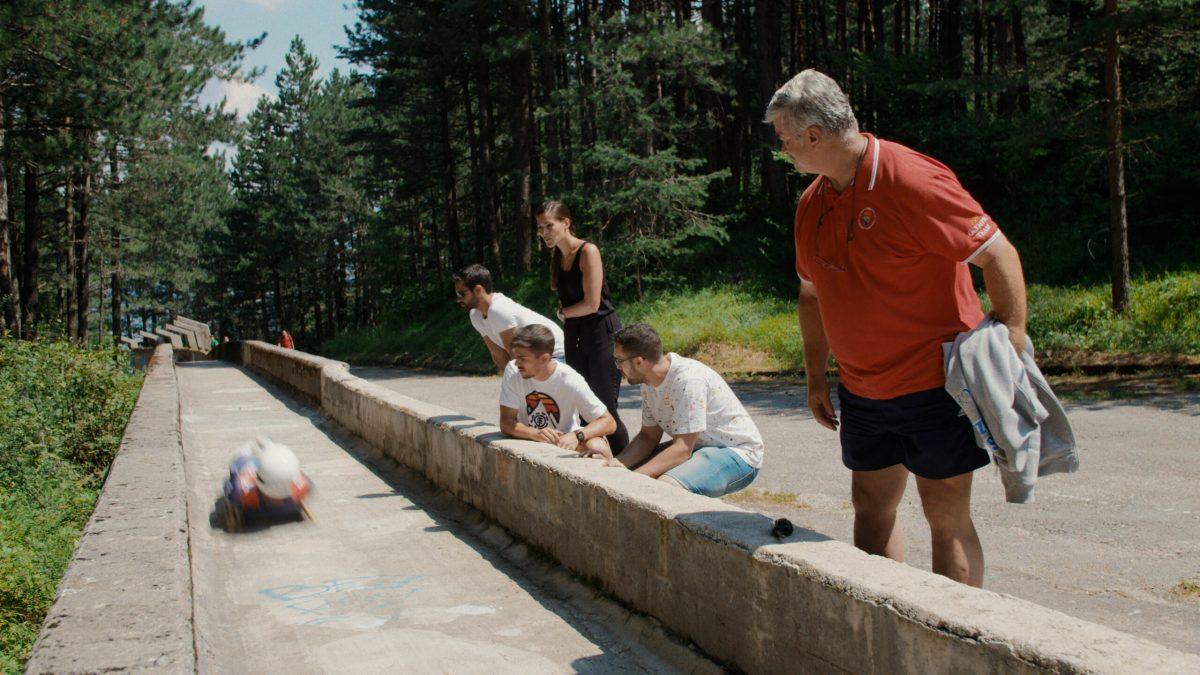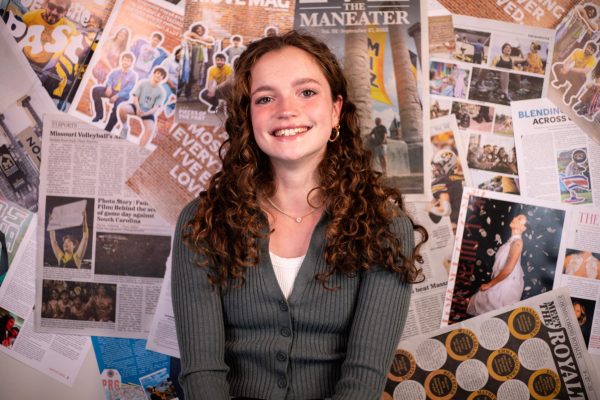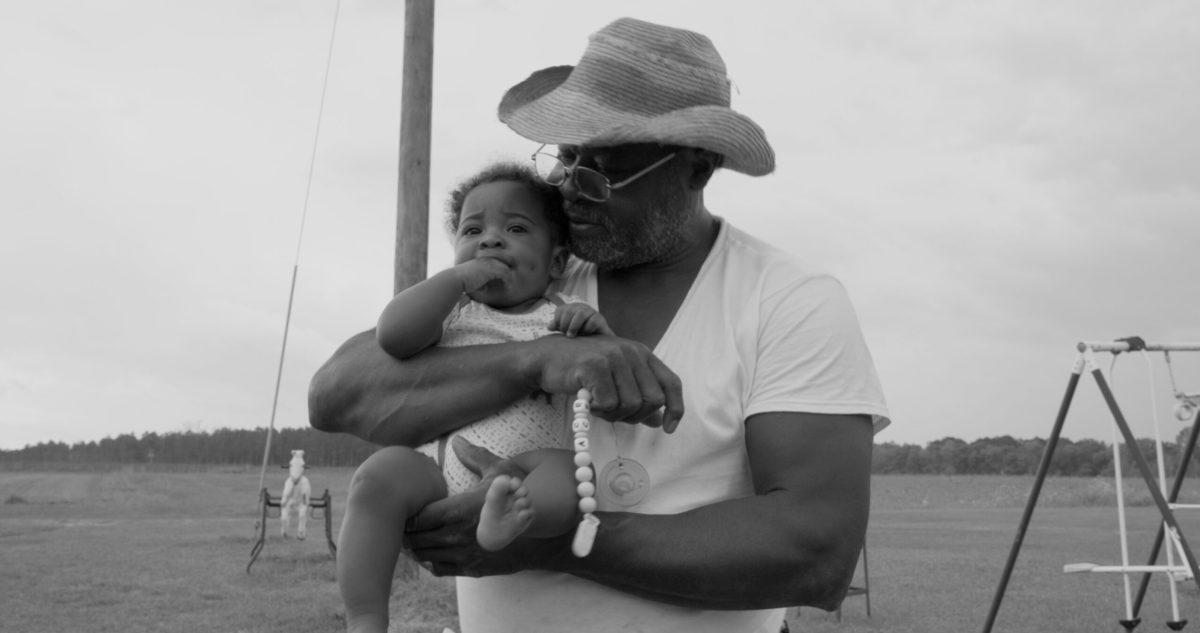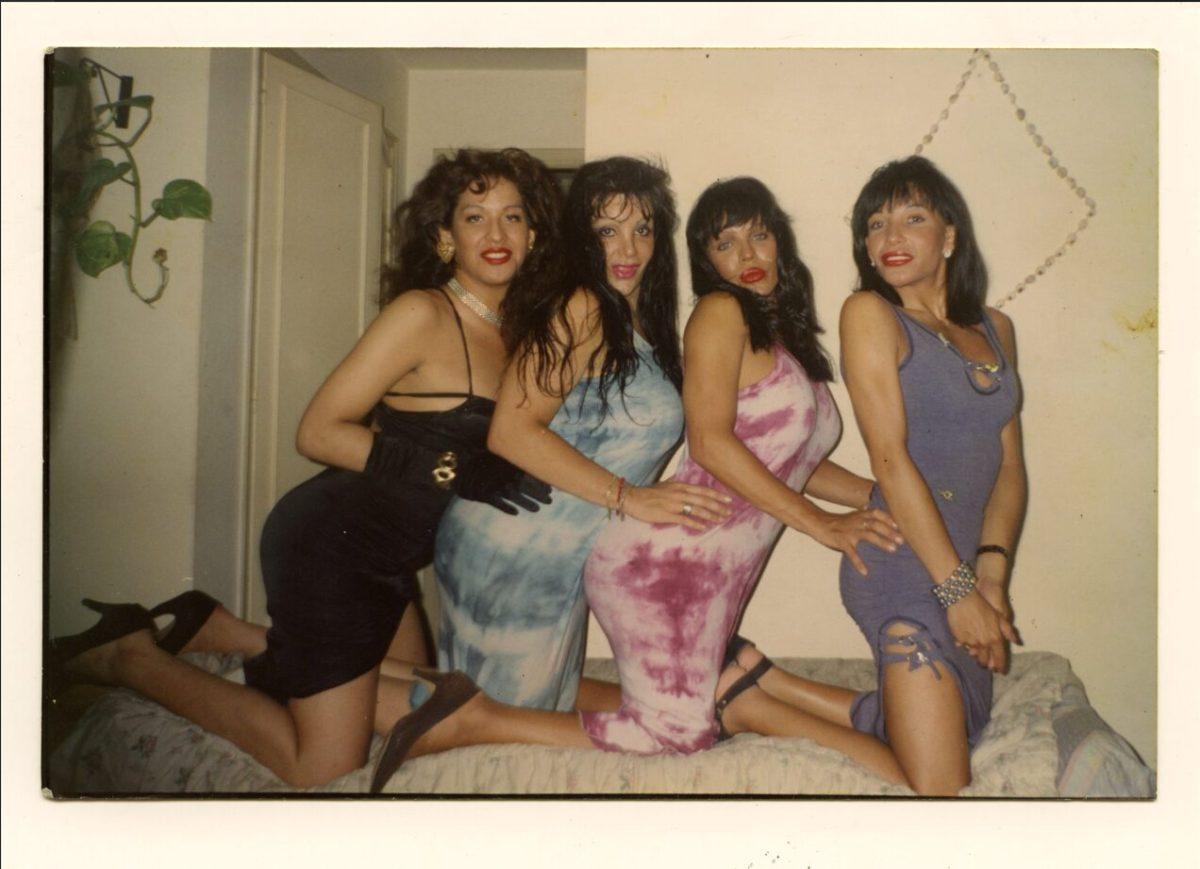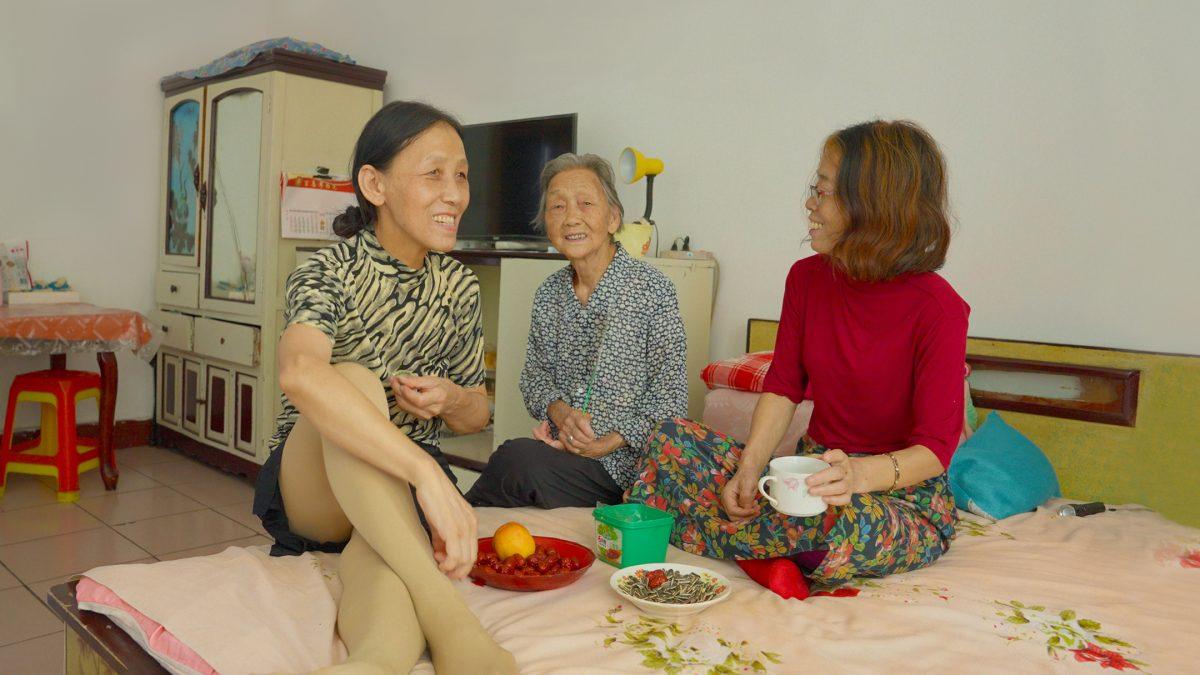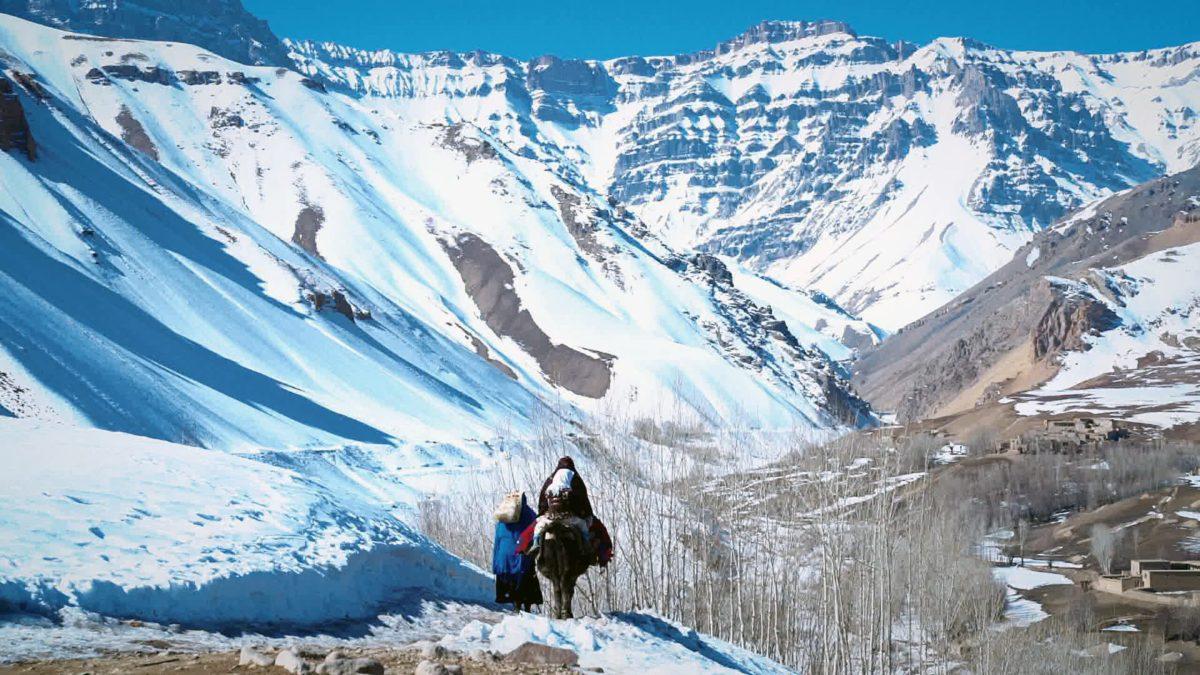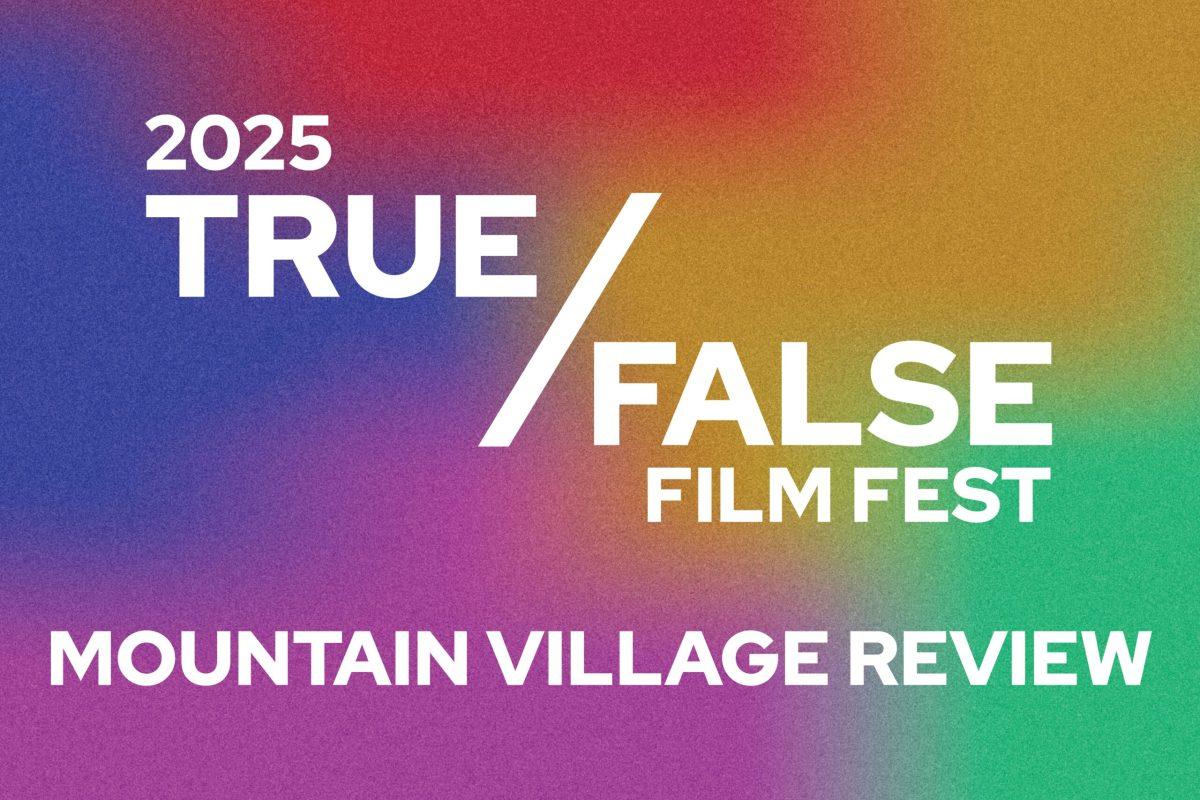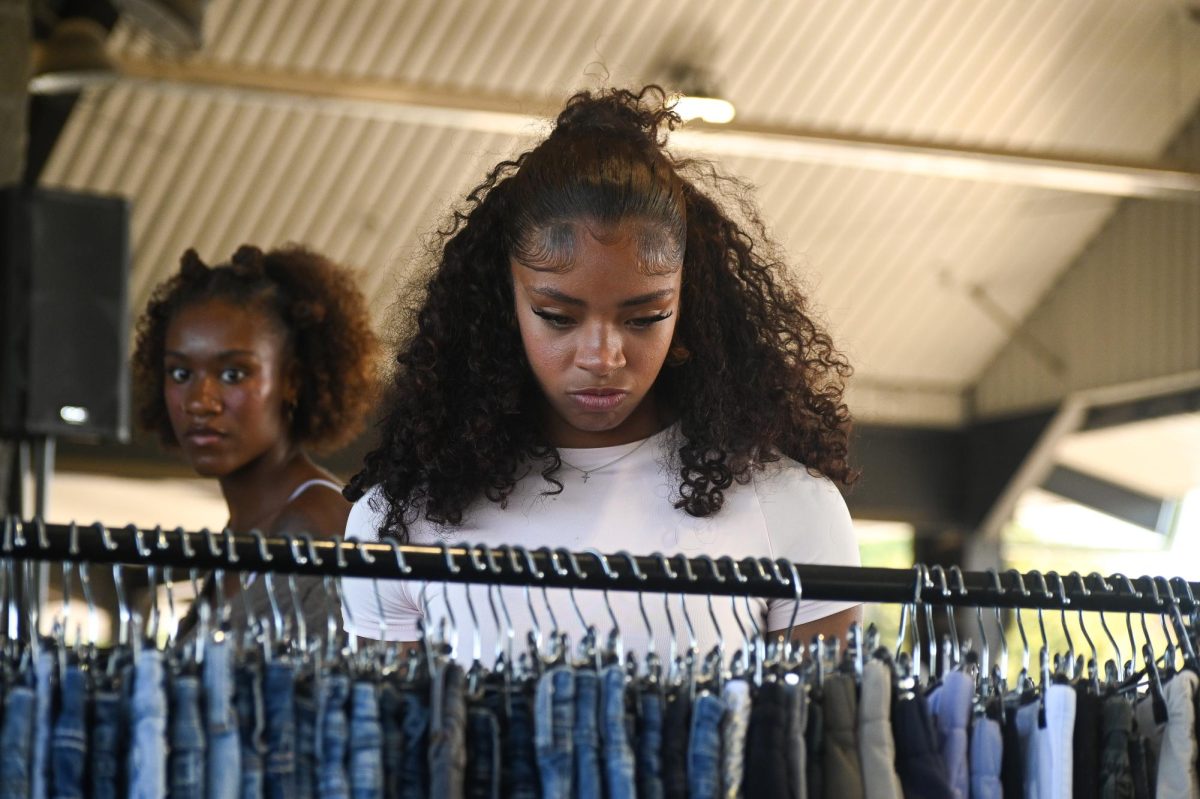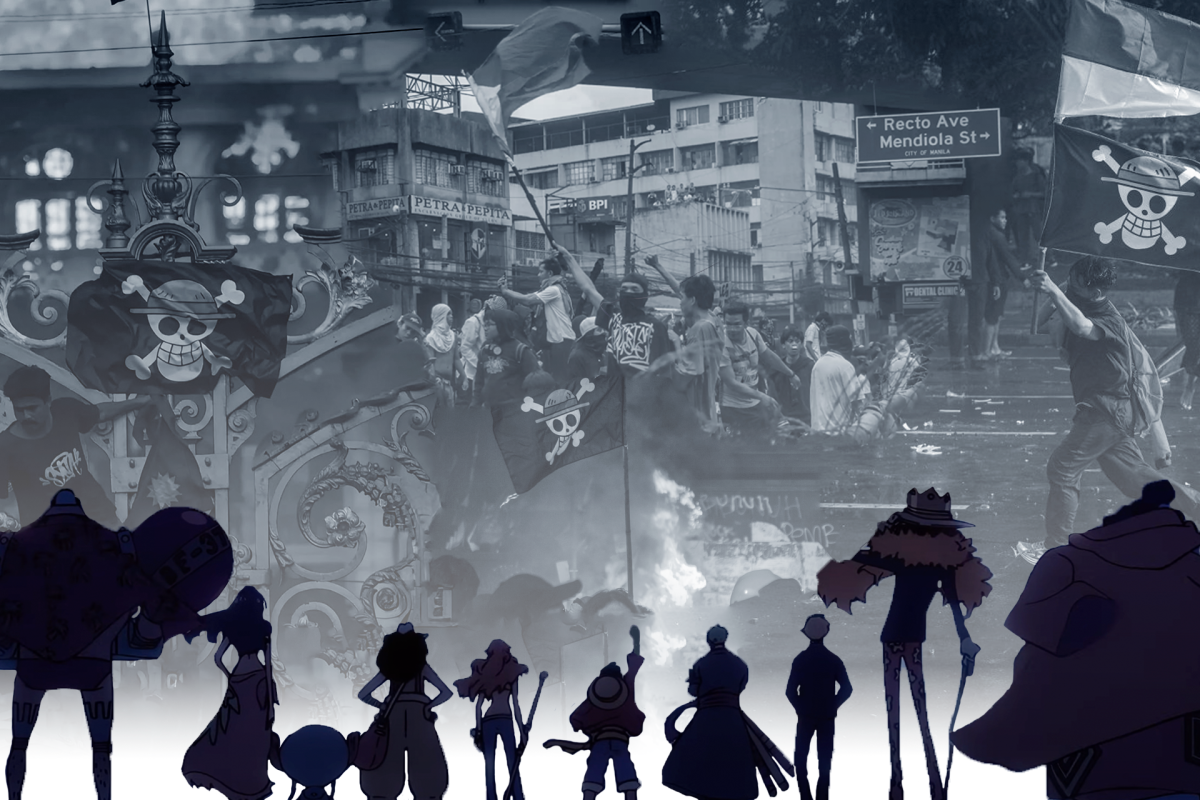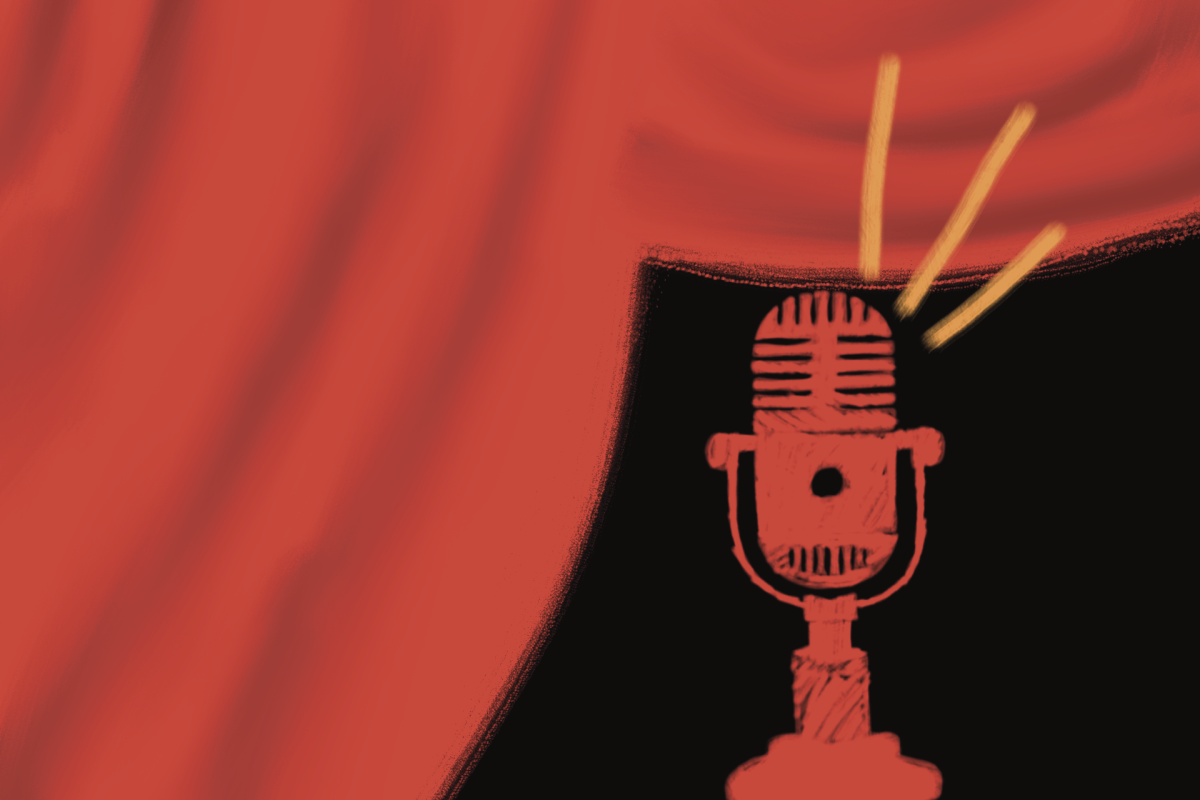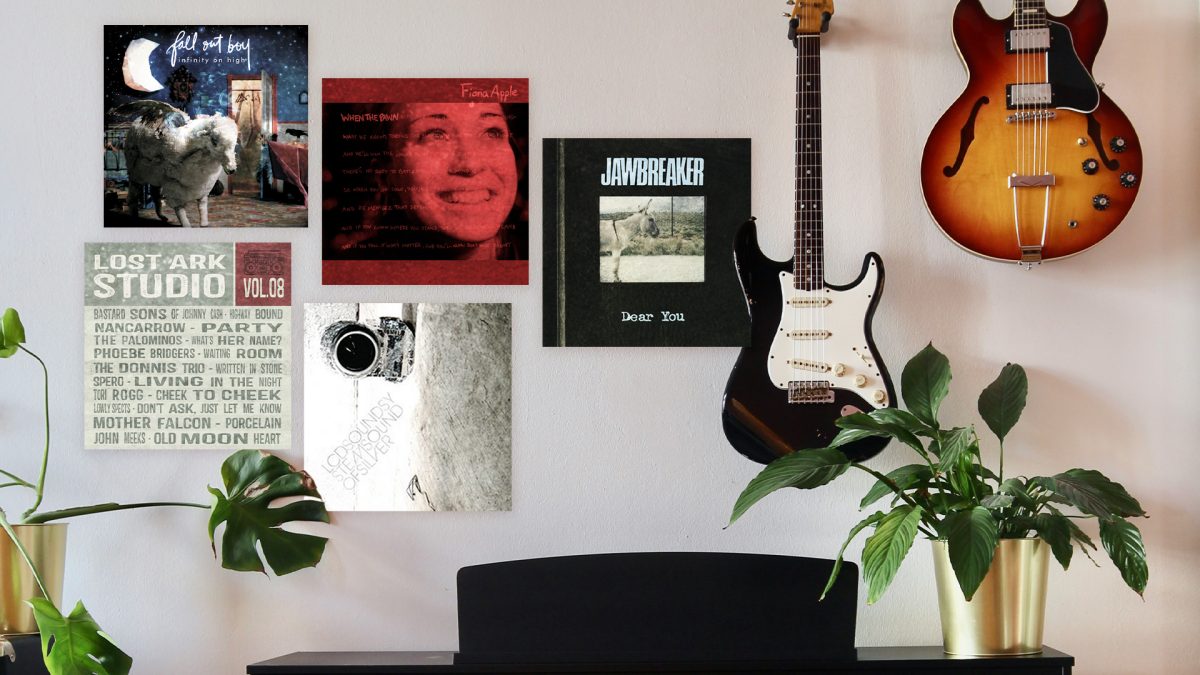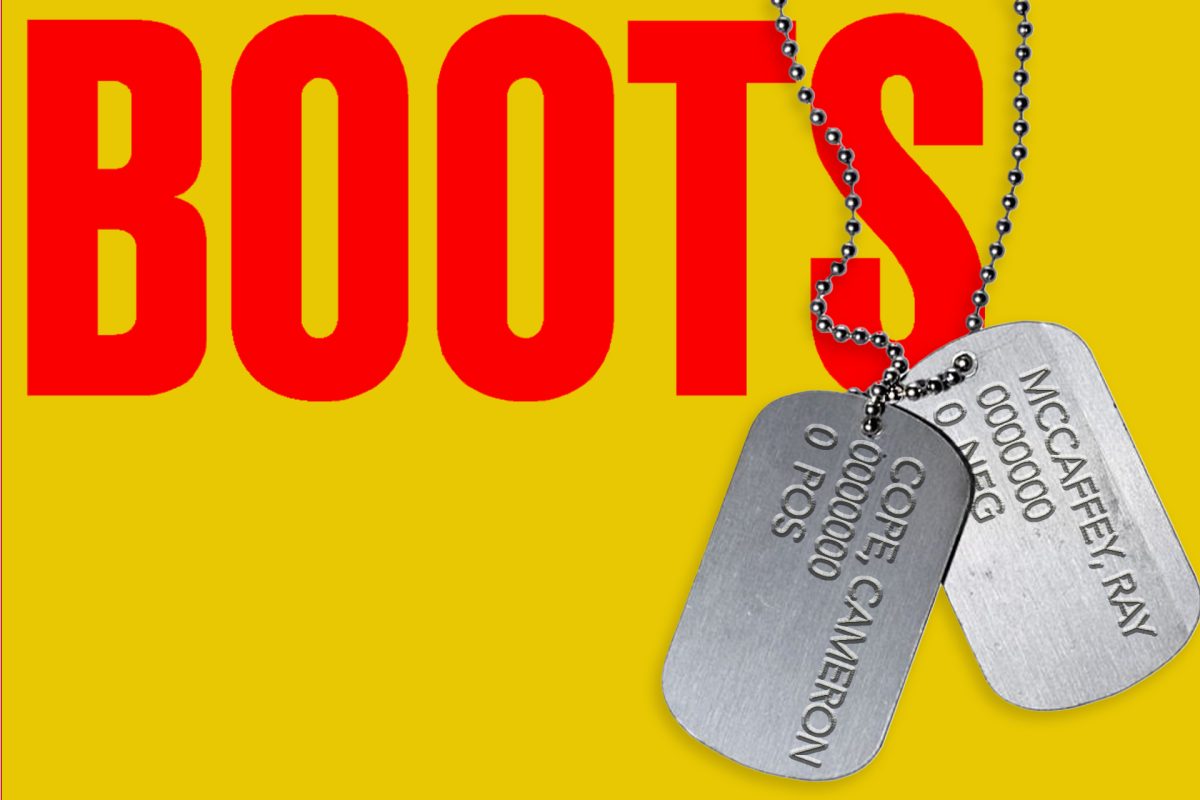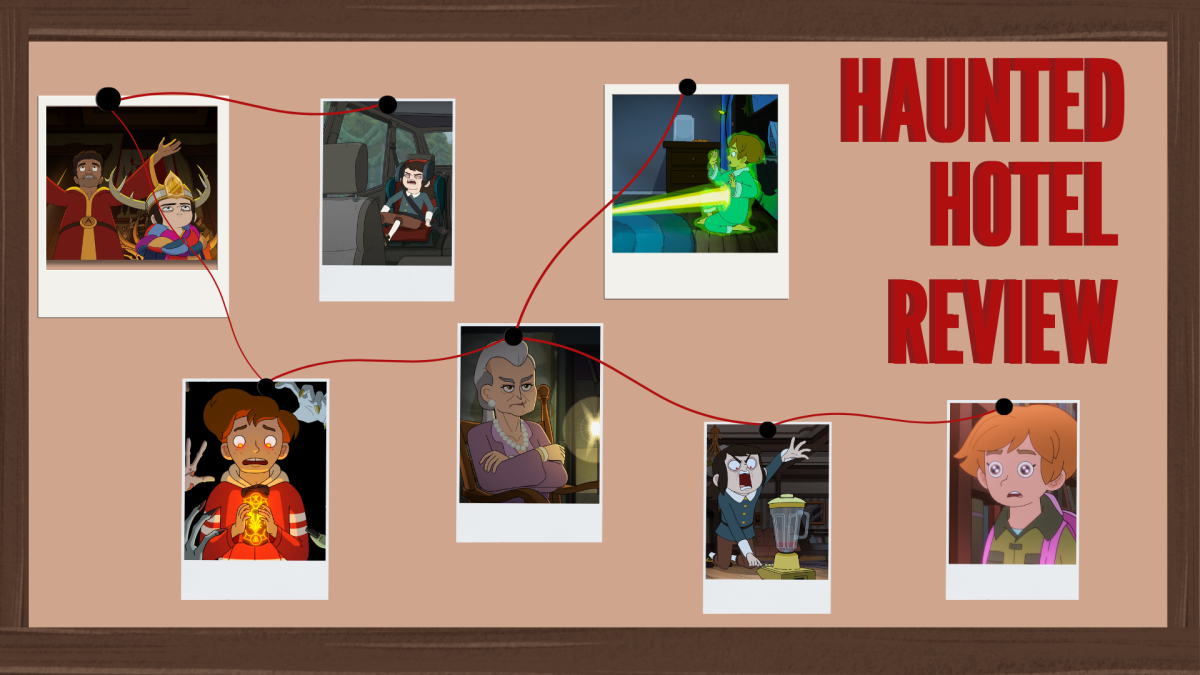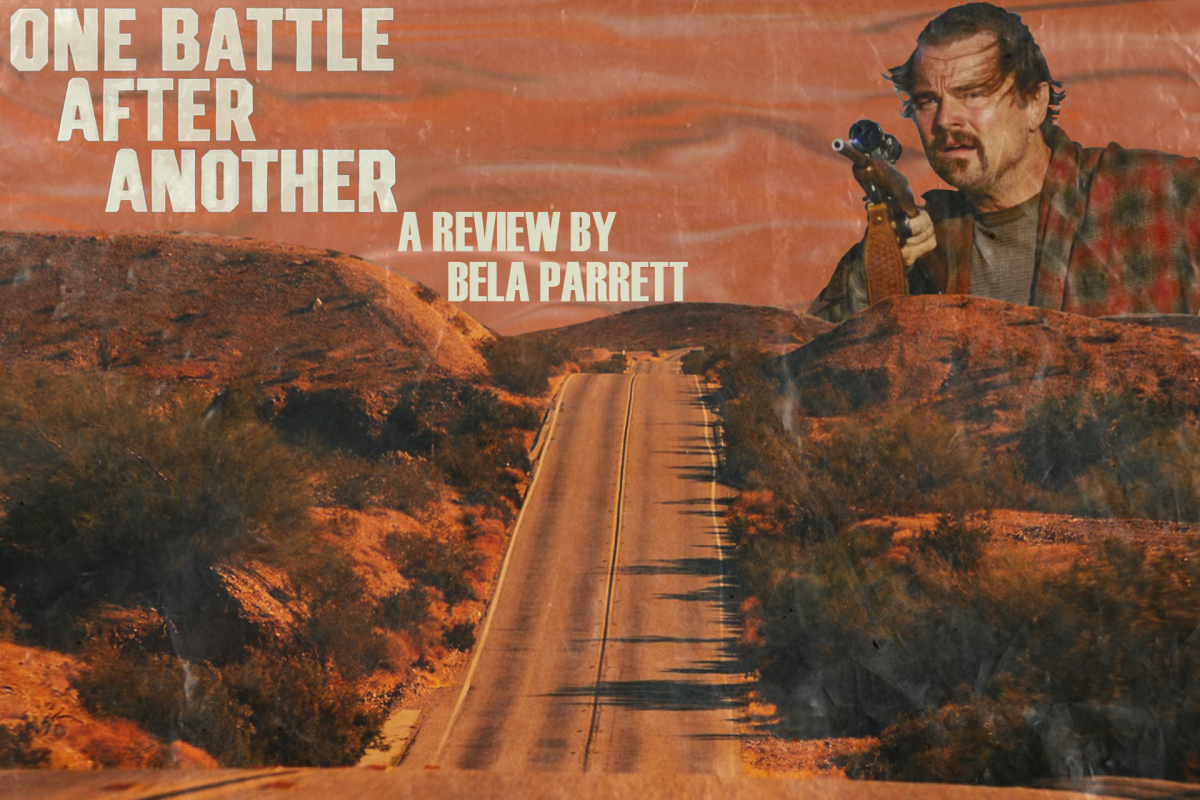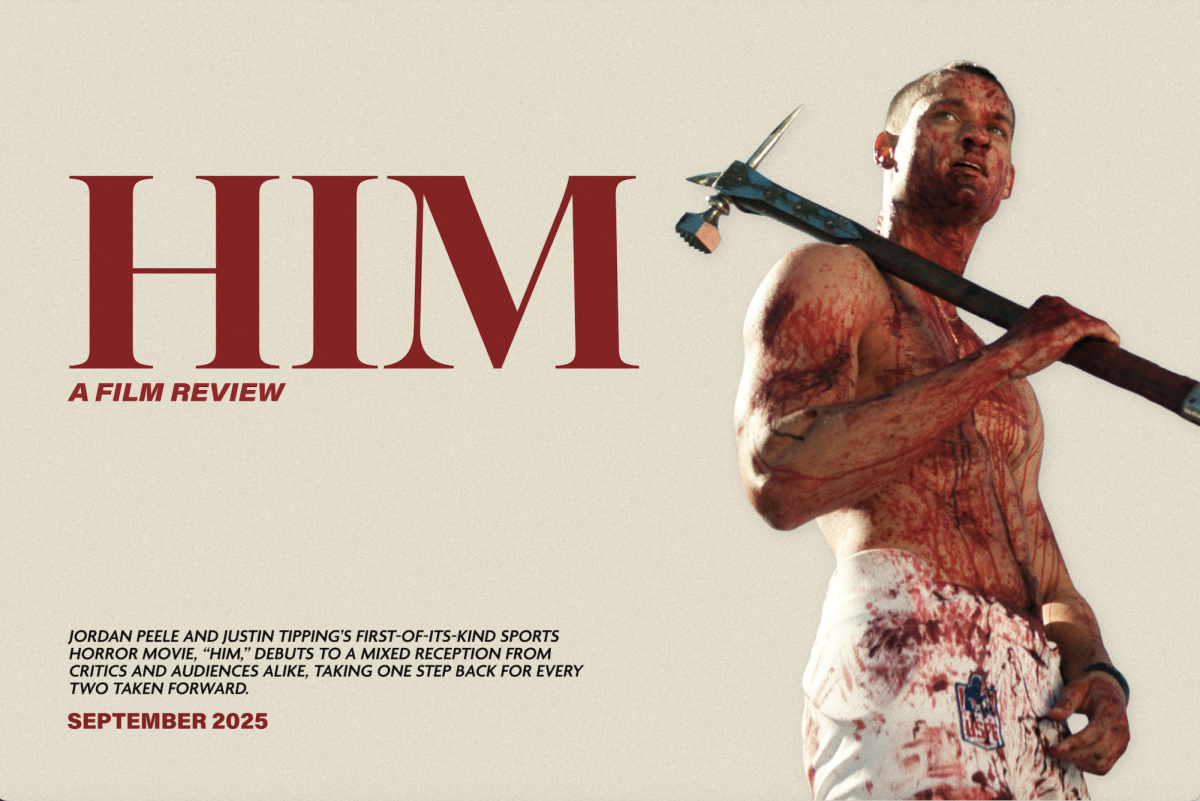The documentary highlighted the daily struggles of three boys living in post-war Sarajevo while pursuing the sport they love
When I was younger, I always tuned into the Winter Olympics, especially for the luge races. The thrill of plunging down that track at impressive speeds of 80 mph left 12-year-old me in awe.
After watching Ryan Sidhoo’s “The Track,” that feeling of awe is still present, but is now accompanied by a newfound admiration and respect for the sport. “The Track” tells the story of three teenage boys training with their coach on a luge track in Sarajevo. The boys attempt to overcome the tensions of living in a post-war society while pursuing the sport they love.
The post-war political scene in Sarajevo is a large overarching theme in “The Track,” impacting both luge training and the daily lives of Mirza, Zlatan, Hamza and their coach, Senad. Sidhoo highlights the tensions resulting from a constant discussion of violence in society and the clear impact it has on the boys’ daily lives. Sidhoo delicately, yet perfectly intertwines this struggle with the boys’ hours of dedication to luge and the frustration of receiving minimal funds from the state.
The 1984 Winter Olympics are frequently referenced throughout the film as a sort of nostalgic light shining over Bosnia. Coach Senad himself competed in luge at those games and he uses his experience to not only guide the boys in luge but to become a father figure for them as well. The profound care he holds for Mirza, Zlatan and Hamza is evident in every frame Coach Senad appears in.
When luge cannot go on in Bosnia due to lack of funding, Coach Senad and the boys are subjected to a lull. Only Mirza returns to the sport under Senad’s guidance and strives for the 2022 Winter Olympics. His accomplishment of qualifying for the 2022 games allowed Mirza, along with the rest of Bosnia to experience the pride and strength they felt before the war.
Sidhoo intimately captures the personal lives and training endeavors of Mirza, Zlatan and Hamza in the four years preceding the 2022 Winter Olympics. Through the years, the audience received insight into each of the boys’ lives, which Sidhoo communicated with such attention to detail that I felt as if I was experiencing their highs and lows alongside them. When Coach Senad cried over the perceived end of luge in Bosnia, I cried with him. When Mirza won first place in the Olympic qualifying race, I found myself enthusiastically rooting for him. When Hamza was conflicted about returning to luge and his belonging in Bosnia amid the political tensions, I felt deep empathy for him.
Sidhoo incorporated lots of beautiful stills to set the scene of Sarajevo, allowing the audience to better understand the boys’ surroundings. I appreciated the beauty of the city for what I imagine it was to the boys: a place that has experienced turmoil, but still a place to call home.
Overall, “The Track” displayed raw emotion and humanity at its purest. Sidhoo expertly snared the audience’s attention with this story of dedication, friendship and pursuit of normality in a broken society. Although Mirza was the only one to compete in luge at the olympic level, Zlatan and Hamza still share his pride and love for the sport as well as the community it creates.
The Track can be seen from 3:30-5:01 p.m. on Sunday at Missouri Theatre.
Edited by Alyssa Royston | [email protected]
Copy edited by Natalie Kientzy | [email protected]
Edited by Annie Goodykoontz | [email protected]


